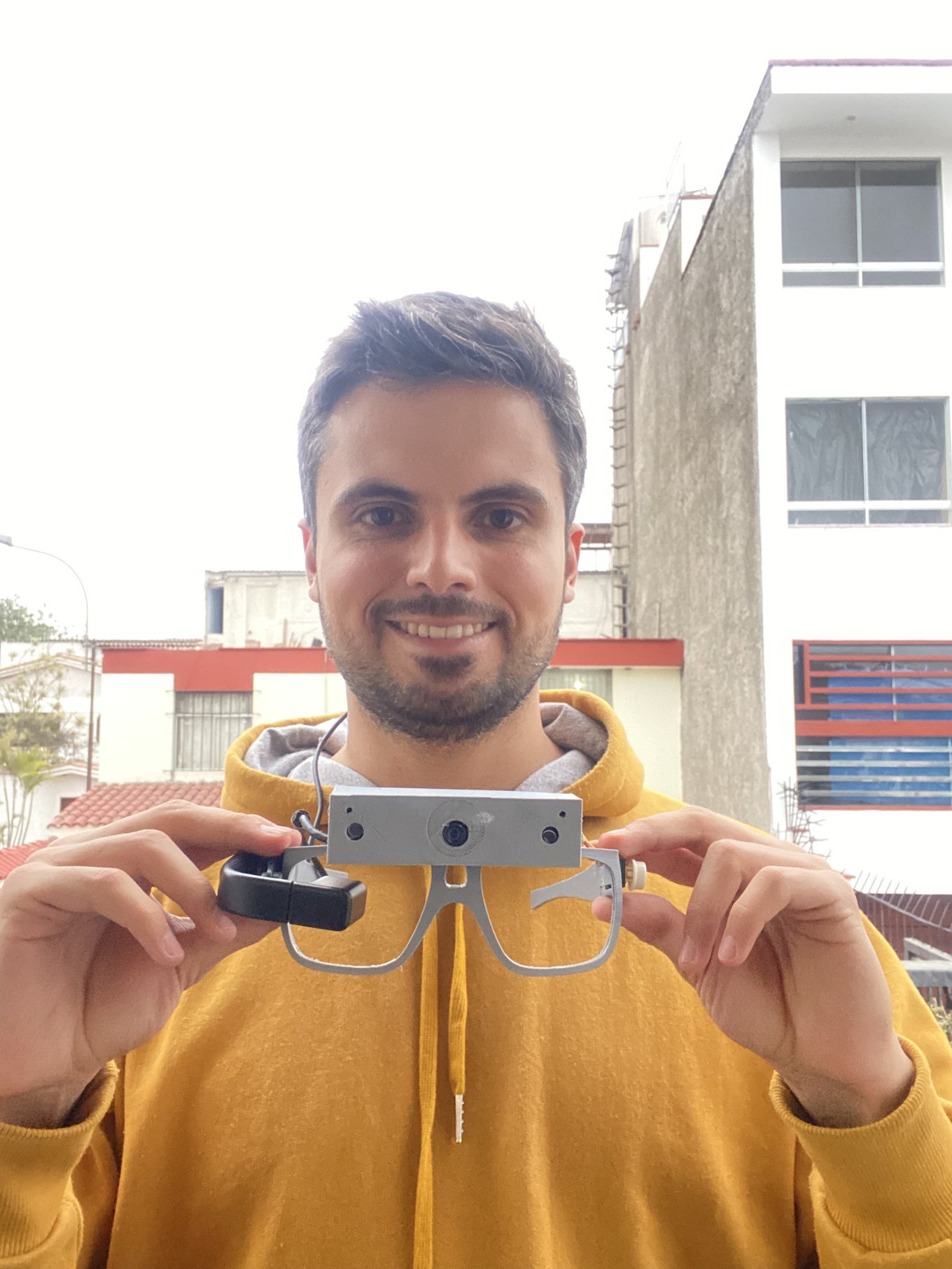There are more than 70 million
deaf people in the world, according to the World Federation of the Deaf. The
inability to communicate with others who do not speak sign language isolates
them from much of society. In Peru there are 23 interpreters for 532,000 people
with deafness, one for every 23,130. The lack of an interpreter means not being
able to access basic services such as hospitals, supermarkets, or police
stations. Not having this intermediary can mean the difference between life and
death.
Faced with this challenge, the young industrial engineer Guillermo Bastian decided to use technology to address this problem of lack of communication and integration. Specifically, artificial intelligence (AI) for its ability to convert the spoken word into written text and vice versa automatically. The young man explains: "I met several deaf people and interpreters who let me know that most of them do not know how to read or write because of the difficulty of connecting with the world and the lack of preparation of educational institutions to have deaf students."
The solution found by the Peruvian was The Smart Interpreter, an intelligent visor that acts as an interpreter in real time, allowing the reception and sending of messages between the hearing person and the deaf person. Thanks to this invention, Bastian has become one of MIT Technology Review's 35 Innovators under 35 Latin America 2022 in Spanish.
His system consists of glasses with a camera, microphones, speaker and a screen. The device serves a dual function to enable mutual communication. One is to receive messages by translating spoken language into sign language and text on the screen. Another is to send messages by converting the deaf person's sign language into sounds emitted from a built-in speaker with artificial intelligence. In addition, the device can incorporate new sign languages in the future. The Smart Interpreter works in conjunction with a processing unit.
The benefits of the innovation include improved social inclusion and greater autonomy for the hearing impaired by not relying on either a highly sought-after human interpreter or expensive hearing aids. "There are no products for profoundly deaf people," explains the engineer. Bastian already has two prototypes and aims to partner with universities to increase the amount of training data to make the algorithm more intelligent.




